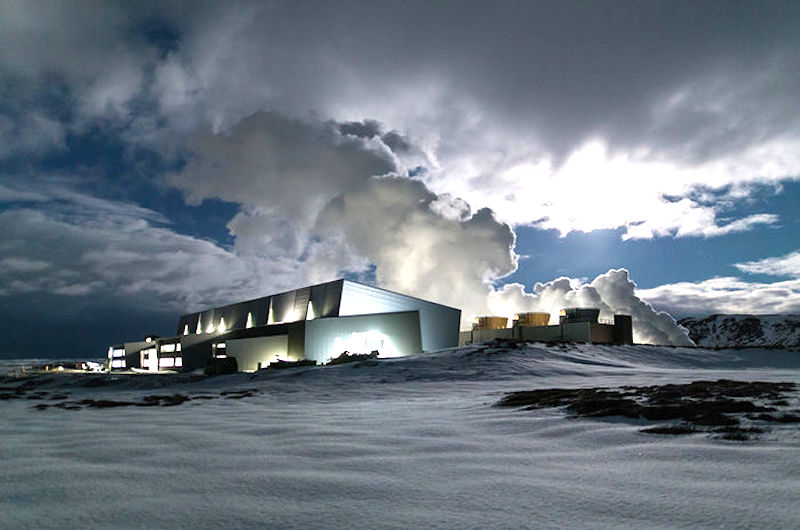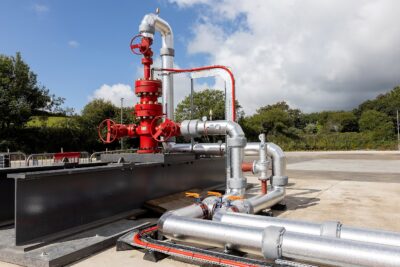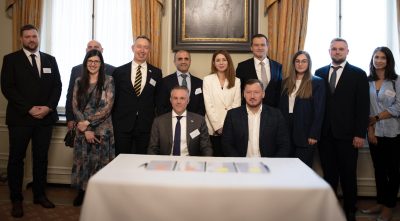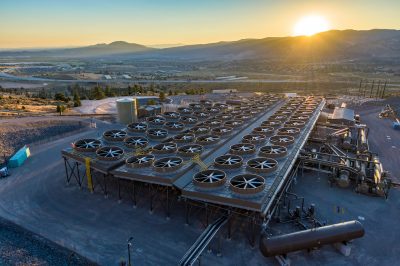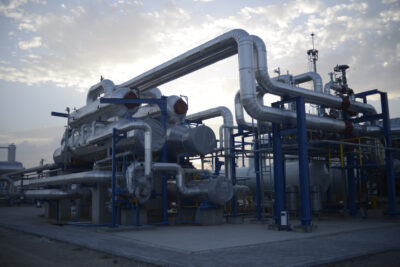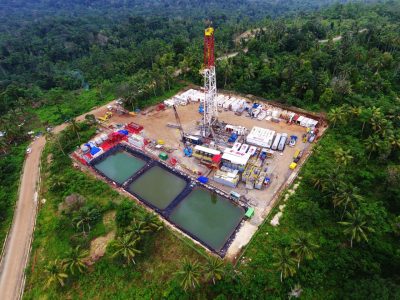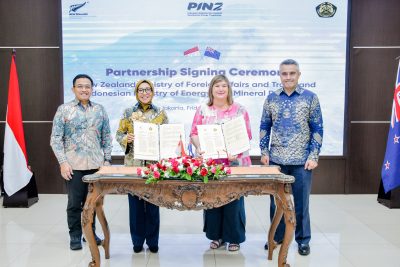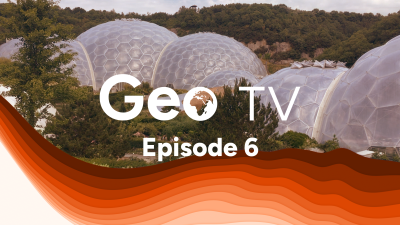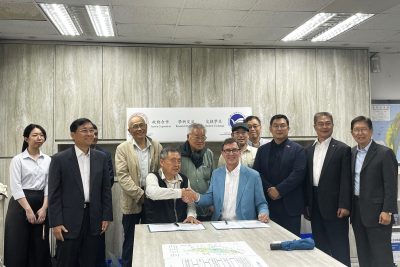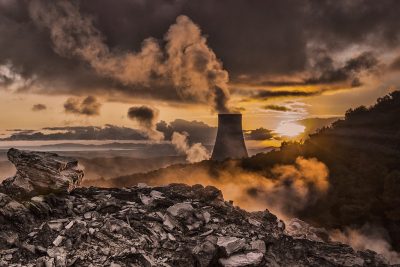International geothermal community lays out its role in the global energy transition
In its Reykjavik Declaration, the global geothermal community outlines a set of principles and recommendations for the global geothermal sector to step up its role in the energy transition.
In conjunction with the closing of the largest international gatherings of the geothermal community at the World Geothermal Congress 2020+1 in Reykjavik, Iceland, an ambitious declaration was issued. The Reykjavik Declaration outlines a set of principles and recommendations for the global geothermal sector to step up its role in the energy transition as a value-driven, clean and affordable energy source serving communities, citizens and the climate.
The geothermal sector needs to do more to support limiting the global temperature rise to 1.5°C. The growth potential of geothermal, according to the International Renewable Energy Agency, is estimated to be tenfold for heating and cooling solutions, and eightfold for electricity markets by 2050. Moreover, a joint Energy Compact issued by the International Renewable Energy Agency, and the International Geothermal Association advocates that a threefold increase of the geothermal heating and cooling sector by 2030 is feasible.
The task in front of us is to advance sustainable geothermal energy growth and do so in a thoughtful way. The Reykjavik Declaration aims to strengthen the foundation for the sustainable growth of the geothermal energy sector by establishing a common vision and engaging its wide ranging stakeholders globally.
At World Geothermal Congress 2020+1 that took place from the 24th to the 27th of October 2021 in
Reykjavik, the following principles are necessary for sustainable global growth of geothermal projects during the coming geothermal decade.
Principles
- Sustainable geothermal delivers benefits broader than electricity generation
• Geothermal projects should always deliver benefits to communities, citizens and the climate
• Geothermal electricity projects should offer cascade use opportunities for local communities
• Geothermal projects should engage the wider community and markets - Sustainable geothermal demands stakeholders work together
• Recognise that all geothermal projects are unique and pertinent to site-specific conditions.
However, shared learning from global experts and community reduces risks associated with
geothermal development
• Geothermal projects should engage meaningfully with local communities
• Geothermal energy projects will need to scale up, seek system integration benefits with other
renewables, and communicate the broader offerings of geothermal energy with stakeholders - Sustainable geothermal can support achieving UN Sustainable Development Goals
• Sustainable geothermal projects can support the achievement of all Sustainable Development
Goals, with specific focus on achieving Sustainable Development Goal number #7: delivering
clean, affordable energy for all
Recommendations to Decision-Makers
- Support the collation and sharing of data and information
• Support publicly available subsurface data
• Facilitate the exchange of data within the international community - Sustainability must be incentivised
• Set ambitious and clear targets for renewable energy for electricity and direct use projects
• Support multi-stakeholder collaboration in the development of renewable energy strategies and
climate goals
• Mobilise capital into sustainable geothermal projects through existing facilities, through new and
innovative financial instruments and policies that incentivise sustainability - Understand and communicate the broader benefits of sustainable geothermal
• The geothermal community must speak into the space that people care about. Including
environmental, social and cultural contexts
• The geothermal community should have a shared language and messaging that is relevant to
local conditions and recognises global impacts
• Pro-actively speak about geothermal energy and its benefits to stakeholders outside the renewable
energy sphere
Source: WGC2020 website
